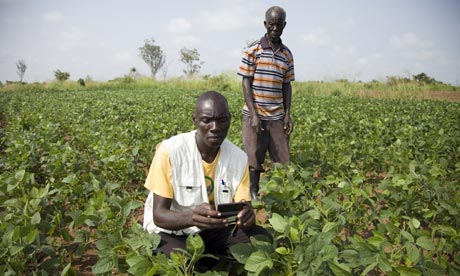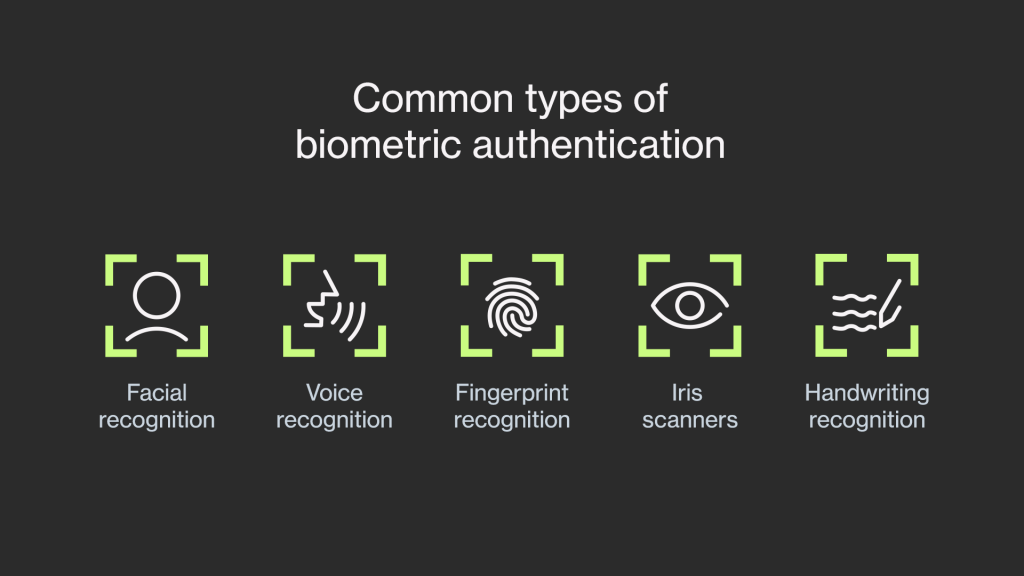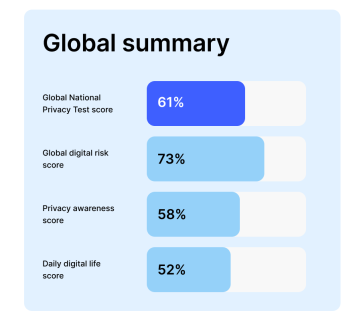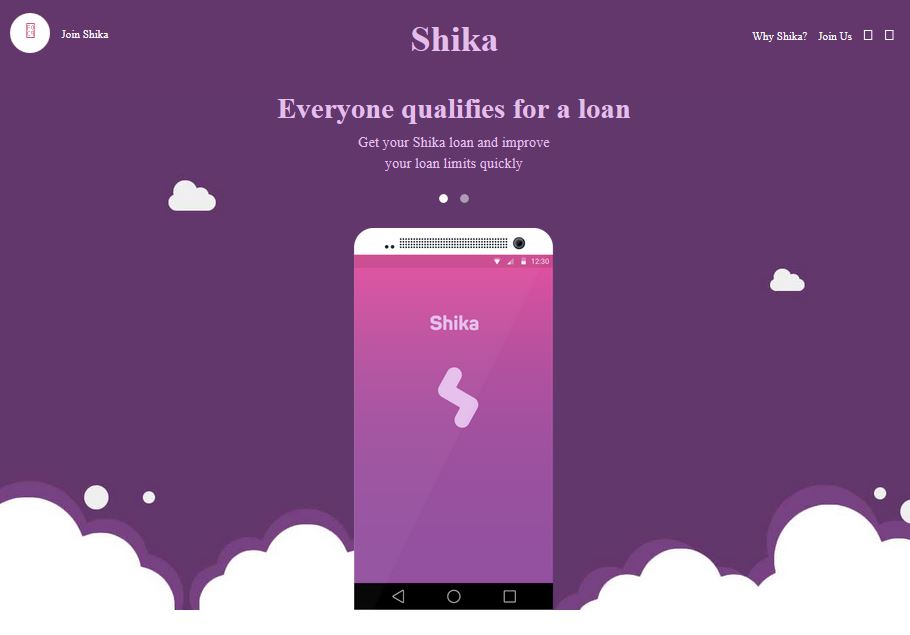The people of Rwanda will now be able to easily and quickly access information detailing how to use land across the country, through a new online platform unveiled by the Rwanda Natural Resources Authority (RNRA).
Dubbed the Rwanda National Land Use Planning Portal (RNLUPP), the web platform is aimed to provide information on any land use plans or other related information and will also incorporate recent maps of the country.
In the case a person wants to build a residential house in an area designated for a different use such as road construction or a manufacturing plant, from information on the portal they can choose a different place avoiding being evacuated at a later date.
The portal was established with the financial support of USAID to help the public have access to national as well as district land use plans and create awareness and education on land use planning in Rwanda to promote development.
Presented in either text or maps, the data will be made available depending on the user role meaning that the public will not be able to access some of the data on the site.
The portal has two features determining what user gets what information, providing for an alternative access to the public portal content in the search engine.
In addition to the general public, land documents to be used for research purposes will be available through the portal for download to aid government in policy making and facilitate entrepreneurs and academic institutions.
The RNRA established the land use portal as part of Rwanda’s e-Government programme and is set to improve service delivery by making available relevant and up to date land use content in the electronic format.
Aimed to also facilitate collaboration among data holders and end users, the online platform will seek to enable development of information in the society and increase innovativeness and competitiveness among enterprises.
To better serve the public by providing relevant information and serve even those not internet connected, a total of 22 institutions are currently working with the authority for content and local leaders are set to help those not connected to have access.





